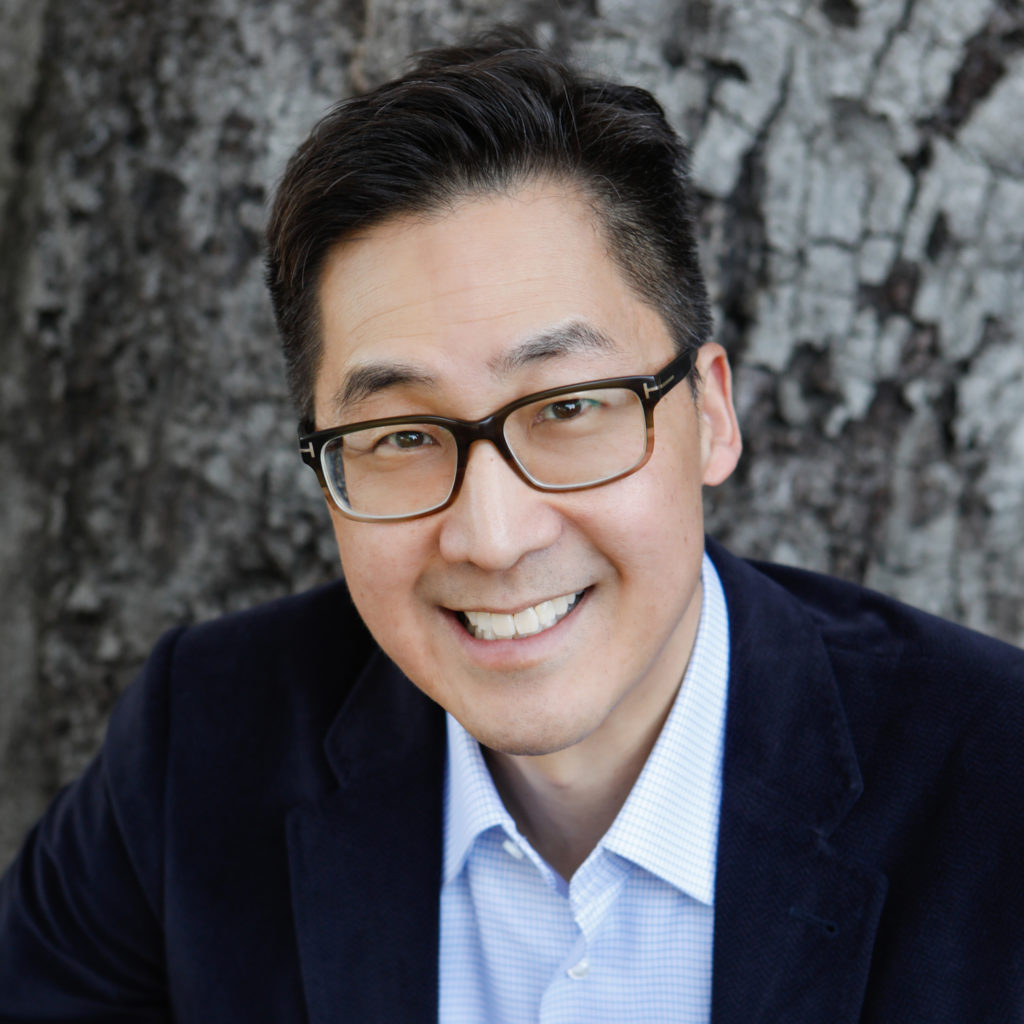As we continue our discussion with David Rhew, Global Chief Medical Officer at Microsoft, we touch on clinician burnout, the growing remote health workforce, and the rise of clinical retail.
(If you missed part one of our conversation you can read it here.)
Our chat took place at the 41st annual JP Morgan Healthcare Conference where industry leaders, such as Rhew, shared their vision for the future of healthcare.
Bre: One of VMware’s strategies has been to incorporate the voice of the clinician into our solution-building process. In my experience in previous roles, so many technology companies have entered this space to solve problems without truly understanding the workflows within healthcare. What are your thoughts? How important is it to have a clinician’s input and perspective from Day 1?
David: Well, that’s the exact reason why I'm at Microsoft. They realized that you need to have people who've actually lived healthcare, have worked in the environment, and who understand the challenges as well as the opportunities.
Today, one of the biggest problems in healthcare is clinician burn-out. Clinicians are overworked, undervalued, and underpaid. We are exploring how technology can help address specific clinician pain points. AI can help enable more efficient message triage, which reduces clinical workloads. Virtual nursing removes the heavy load of non-clinical or basic administrative tasks that bedside nurses constantly perform. Ambient clinical intelligence (or voice AI) reduces the time required for a physician to document a clinical note into the EHR by 50%, and because documentation is more comprehensive, it increases first-time prior authorization by 40%. Applying technology to help address the clinician burnout and the resulting clinician shortages is a top priority for us, because without clinicians, we have no healthcare.
Bre: Horizon Cloud on Azure for Healthcare is the most recent collaboration between VMWare and Microsoft and allows for the secure managing of workflows from anywhere via the cloud. It’s truly enabling the remote workforce in healthcare. What value do you see in decentralized clinical teams and what are some of the challenges they’re still facing?
David: I like the idea of a remote healthcare workforce, and I think it should be embraced by the industry. The idea of having a hybrid workforce in which some individuals are in-person, while others are virtual or remote could enable a greater range of services to be provided to patients through virtual care consultations.
It could also help alleviate workforce burden. Let me give you an example. Today, bedside nurses are overloaded with a set of responsibilities that span from performing direct clinical care to coordinating care activities to addressing non-clinical tasks such as delivering food and helping patients go to the bathroom. With virtual nursing, bedside nurses can be paired with a remote nurse who handles the numerous activities that do not require a nurse to lay hands on the patient. When the patient hits the call nurse button, a virtual nurse appears on the TV to help address and/or triage the patient requests. What we have seen is that this approach not only decreases nurse overload, but it also provides a better patient experience.
Now the challenge with this approach lies in the addressing all the workflow details. These are not unsurmountable challenges, but they will require time and effort to address them.
Bre: I’ve been hearing a lot about traveling nurses being the new emerging workforce within healthcare. Is that a viable solution?
David: Yes, but only if they’re affordable. We know that if they're super expensive, it's going to break the budget. How do we find that right balance? If you have the infrastructure in place to leverage existing or lower cost resources to do things virtually, that is the optimal scenario.
Bre: One of the case studies for Horizon Cloud on Azure is its use within Walmart. You had mentioned clinical retail as a new player in healthcare, so this is a great example of how we’re enabling this new business model. Walmart has over 32 clinics now deployed and they all use Horizon Cloud on Azure to access their EPIC instances from every new location they open up in the US. What are your thoughts on the direction and impact that clinical retail is having in the healthcare space?
David: It’s exciting to see that they’re investing in more than just the minute clinics and are looking to deliver healthcare. It's definitely going to disrupt the industry. They need to build out more infrastructure though relative to technology in order to provide the same level of services you can receive in an existing hospital or a clinic. A big part of that transformation is going to be around cloud and AI and the ability to create virtual environments so clinicians can access the resources they need to deliver better care. A key factor will be their ability to go beyond the basic wellness checks to things more related to primary care and chronic disease management, and eventually incorporating the more proactive predictive analytics that are currently lacking in healthcare. We should be able to tell when a person is heading in the wrong direction before they actually do.
Bre: The impact of that would be tremendous, considering the sheer number of people who visit these large retailers. We’ve been reading some scary headlines about how nearly 30% of our rural hospitals are at risk of closing over the next few years, but most of rural America lives within a certain distance of one of these large retailers so there’s hope that access to care is still possible.
This brings me to the topic of health equity, which I know is a passion of yours. What are some of the health equity initiatives you’re involved in?
Stay tuned for Part 3!

Dr. David C. Rhew is the Global Chief Medical Officer and Vice-President of Healthcare for Microsoft. He sits on the Governing Committee for NESTcc (National Evaluation System for health Technology coordinating center), the group within MDIC
(Medical Device Innovation Consortium) that advises FDA, CMS, and NIH regarding RWE/RWD safety and efficacy studies on medical devices.
He holds six U.S. technology
patents that enable authoring, mapping, and integration of clinical decision support into
electronic health records. David is also faculty affiliate for the Center for Innovation in
Global Health at Stanford University.

